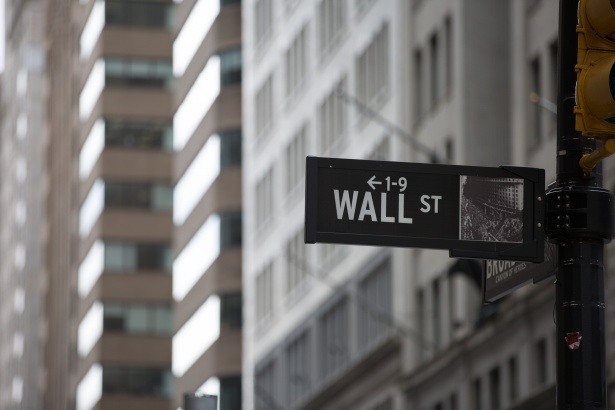GLOBAL MARKETS-Wall Street heads lower as Fed, Ukraine capture investor attention
U.S. stocks continued their downward trend on Tuesday, opening sharply lower as safe havens gained ground amid investor nerves about tensions between Russia and the West and the prospect of the U.S. Federal Reserve tightening monetary policy soon. All three major U.S. indices opened trading down at least 1%, resuming a sharp selloff that had been briefly upended around the close of Monday's trading.

- Country:
- United States
U.S. stocks continued their downward trend on Tuesday, opening sharply lower as safe havens gained ground amid investor nerves about tensions between Russia and the West and the prospect of the U.S. Federal Reserve tightening monetary policy soon.
All three major U.S. indices opened trading down at least 1%, resuming a sharp selloff that had been briefly upended around the close of Monday's trading. U.S. stocks posted their worst week since 2020 last week. World stocks are on course for their biggest monthly drop since the COVID-19 pandemic hit markets in March 2020. The Dow Jones Industrial Average fell 2.28% in early trading, while the S&P 500 lost 2.72% and the Nasdaq Composite dropped 2.92%. The MSCI world equity index , which tracks shares in 45 nations, was down 1.74%.
A build-up of Russian troops on Ukraine's border has triggered fears in the West that Russia will invade. NATO said on Monday it was putting forces on standby and reinforcing eastern Europe with more ships and fighter jets. The Federal Reserve kicked off its two-day meeting on Tuesday. It is expected to give guidance about the trajectory of monetary policy tightening, with investors expecting the first post-pandemic U.S. rate hike in March.
Tightening monetary policy typically hurts riskier assets, such as equities, and makes government bonds more attractive to investors. Asian stock indexes extended Wall Street's losses. European markets were up slightly after falling sharply on Monday.
World stocks have fallen 6.5% this month, the most since the 13.8% monthly drop when the COVID-19 pandemic hit markets in February 2020. "What we have seen is a combination of the rising geopolitical risk ... in combination with the market downside risk triggered by the more hawkish Fed," said Eddie Cheng, head of international multi-asset investment at Allspring Global Investments.
The world equity index has fallen below its 200-day moving average. The last time this happened, stocks had a 30% drop and bounce. Allspring's Cheng said such a drop was unlikely this time in the absence of a driver as big as the start of the pandemic.
"We don't expect that equities are going to go all the way down just because of one geopolitical risk," Cheng said. The sell-off in equities had limited impact on rates markets, with investors pricing in about 100 bps of rate hikes for the Federal Reserve and Bank of England this year.
Although investors do not expect a rate hike at this week's Fed meeting, the market is pricing in a 5.4% chance of this happening, according to Refinitiv data on Eikon. The U.S. 10-year yield was at 1.7405%, a touch lower on the day, as investors gravitated to safer havens.
Likewise, the U.S. dollar index was up 0.3%, while euro-dollar slipped. Oil prices recovered some of the previous day's losses, as the geopolitical tensions fuelled supply fears. Brent crude was last up 1.09% at $87.21 a barrel. U.S. crude was last up 1% at $84.14 per barrel.
Cryptocurrencies slipped further. Bitcoin was trading around $36,070. On Monday it hit a six-month low of $32,950.72, having halved since its latest all-time high of $69,000 hit in November .
(This story has not been edited by Devdiscourse staff and is auto-generated from a syndicated feed.)










